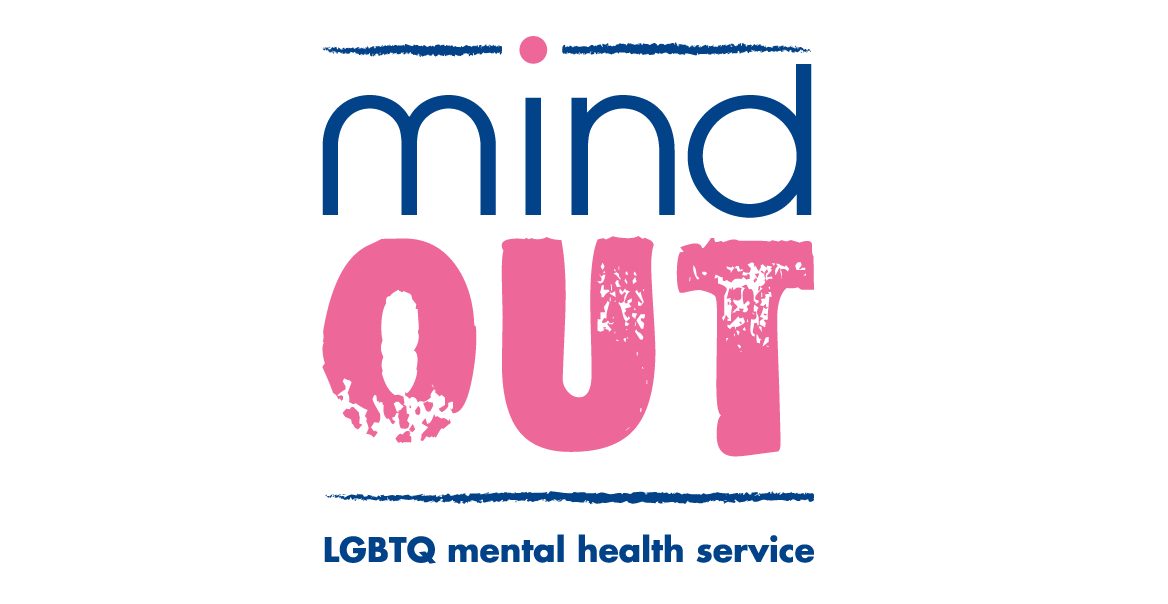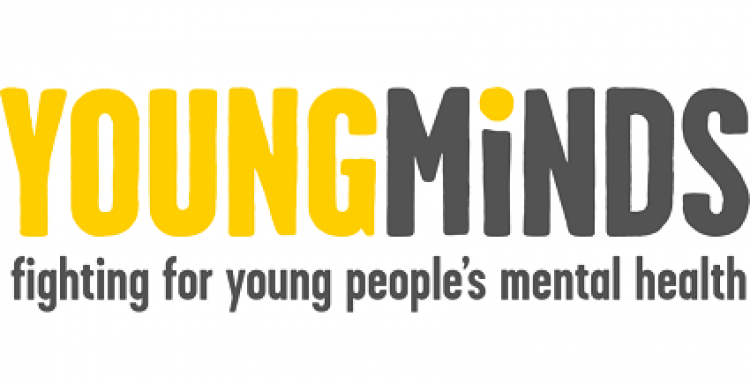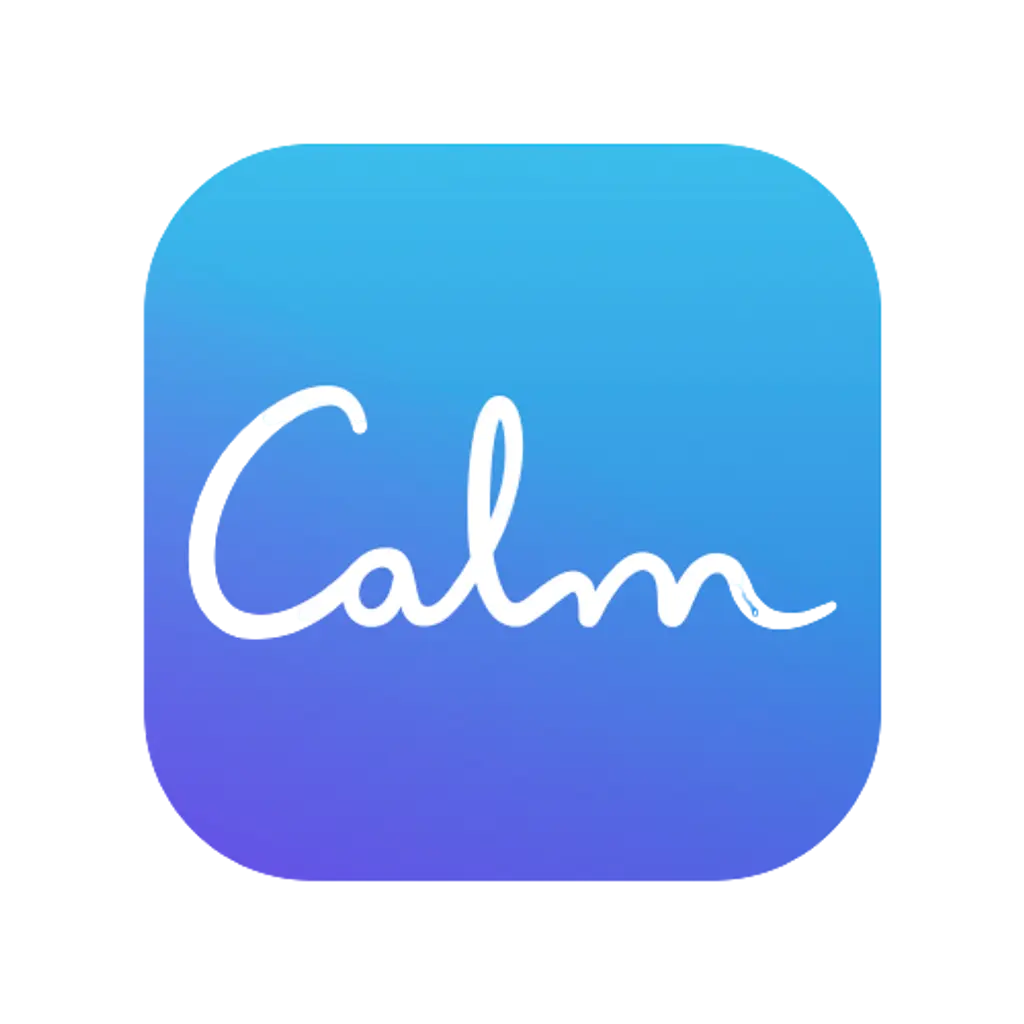Neck Pain
What you should know
Neck pain or a stiff neck is a common problem with 2 out of 3 people experiencing it at some point. The good news is that in most cases it isn’t a serious problem and will usually get better over time.
As far as possible, it’s best to continue with your normal everyday activities as soon as you can and to keep moving. Being active and exercising won’t make your neck pain worse, even if you have a bit of pain/ discomfort at first. Staying active will help you get better. But sometimes the pain can last a long time or keep coming back. Even if aches last for a bit longer, it doesn’t mean that anything serious is wrong. You can still be active even if there is some pain.
Flare ups are common but it does not mean there is anything seriously wrong. Between flare ups stay active and you’ll be back to normal soon. The neck needs to move to remain healthy. The sooner you get moving the sooner you will feel better.
What to do
There are many ways in which you can help reduce neck pain. Although they may not remove the pain completely they should reduce it, if you persist at the following strategies.
Keep moving
Staying active and keeping moving is the most important way you can help yourself if you have neck pain. The more you move, the more the neck will keep its natural range of movement.
Exercise/activity also releases chemicals called endorphins, which are the body’s natural painkillers. These improve pain and make you feel happier.
Exercise might make your neck feel a bit sore at first but it doesn’t cause any harm – so don’t let it put you off. If you’re getting back to exercise, start off gently and gradually increase the amount of exercise you do so that you are pacing your activity. Regular and small episodes of exercise are a good way to start and then each day try to do a little bit more. All types of exercise can be worthwhile – choose something you enjoy as you are more likely to stick at it.
It’s important that you continue to exercise regularly and don’t stop when the pain is gone and you’re feeling better, for your long-term general health.
Pain medication
It may surprise you, but simple over the counter painkillers such as paracetamol and ibuprofen are the most effective pain medication. If you feel you need them – use them. You should only take the recommended daily dose but do not wait until your pain is out of control to take them.
Consult with your GP or Pharmacist if you have any concerns and do not take ibuprofen or aspirin if you are pregnant or have asthma, an ulcer or indigestion.
Hot/cold
A hot water bottle, a bath or a shower can be an excellent and effective way to reduce pain. Direct heat over the pain site for 10-15 minutes with a hot water bottle, but make sure there is something between your skin like a paper towel or a tea towel.
Sleep
Sleep is really important when it comes to managing pain. Studies suggest that getting a good night’s sleep can reduce pain levels by as much as 25%.
Tips to improve your sleep include;
- Sleep in a dark, quiet and cool room
- Try taking your pain relief an hour before you go to bed
- Do not consume caffeine within 6 hours of sleeping
- Try to avoid eating within 2 hours of sleeping
- Try to not be in front of bright screens such as TVs, laptops and phones for 1 hour before bed
- Keep your bedroom as a place to sleep do not use it for work or as an office
- If you sleep on your back use 1 pillow and if you sleep on your side use 2
- If you do wake in the night and cannot get back to sleep, get up, go to another room and do something until you are tired before going back to sleep
Diet and nutrition
There are no special diets that have been shown to either help or prevent neck pain. However, if you’re overweight you should consider changing your diet and doing some regular exercise to help you lose weight, as this may help to decrease your pain.
What’s recommend for us all is a well-balanced and healthy diet, which is low in saturated fats, sugar and salt. It’s also a very good idea to eat plenty of fresh fruit and vegetables, and to drink plenty of water.
If you need to lose weight, the key is to regularly burn off more energy than you consume on a daily basis.
Relaxtion
Stress can make neck pain worse. One way of reducing the effects of stress is to learn how to relax.
There are many relaxation, meditation or mindfulness tapes, CDs and MP3 downloads available – your doctor or physiotherapist may be able to offer you some, or they’re available online or from high-street shops. A good example is Headspace which is available online or as an application for your smart phone or tablet.
Exercises
If an exercise is painful to undertake or causes a moderate to high level of pain during or afterwards then reduce the difficulty level or stop that exercise.
- Head tilt (up and down) – lie, sit or stand and slowly tilt your head down, to rest your chin on your chest and hold for 5 seconds. Then bring your chin up to the ceiling and hold for 5 seconds. Repeat 5 times.
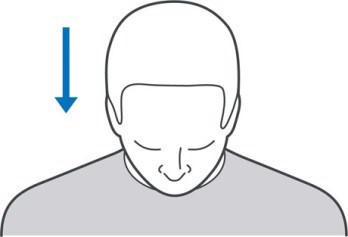
- Head tilt (side to side) – lie, sit or stand and tilt your head down towards one of your shoulders, leading with your ear. Try not to shrug your shoulder. Hold for 5 seconds. Return your head to centre and repeat on the opposite side. Repeat 5 times on each side.
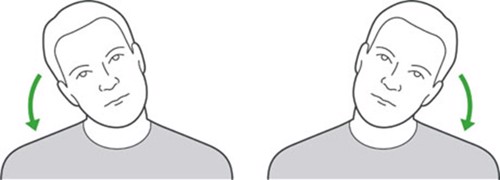
- Head turn (left and right) – lie, sit or stand and turn your head to one side, keeping your chin at the same height and moving within comfortable limits. Hold for 5 seconds. Return your head to the centre and repeat on the opposite side. Repeat 5 times on each side.
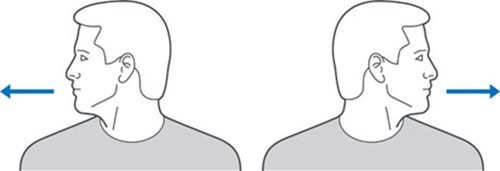
.aspx?width=200&height=68) When to see your GP/Physiotherapist
When to see your GP/Physiotherapist
- If your neck pain is no better after at least two weeks or you develop other symptoms
- If you start having neck pain for the first time after the age of 55, or if you have a history of cancer, osteoporosis, steroid use, or excessive drug or alcohol use
When to go to A&E
There are some rare conditions however, which do need emergency medical care.
The warning signs include:
- Double or blurred vision
- Difficulty speaking
- Difficulty swallowing
- Sudden collapse or faint
- Dizziness
- Nausea
- Uncontrolled and repetitive movements of your eye
- Numbness or Pins & needles down both arms at the same time
There are other rare cases in which neck pain can signal a serious medical problem. Seek immediate care if your neck pain:
- Is accompanied by fever
- Follows a fall, blow to your neck or other injury
We must also be aware if your neck pain:
- Is severe, unremitting and doesn’t improve with rest
- Causes weakness, numbness or tingling in one or both arms or legs
- Is accompanied by unexplained weight loss
Further resources
I am in Crisis
If you feel you need immediate help, contact one of the below charities.
Recommended Apps
Below are a selection of the apps we recommend

